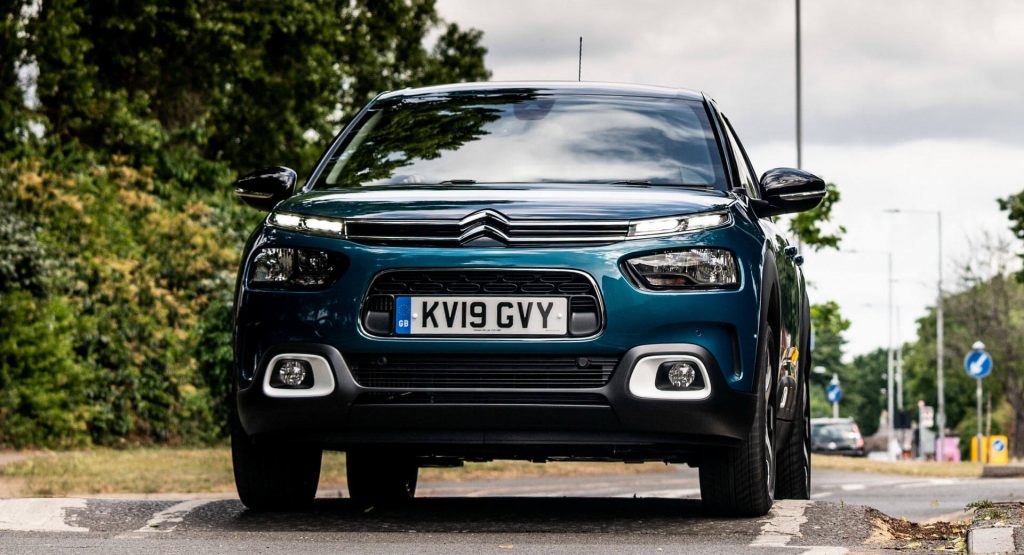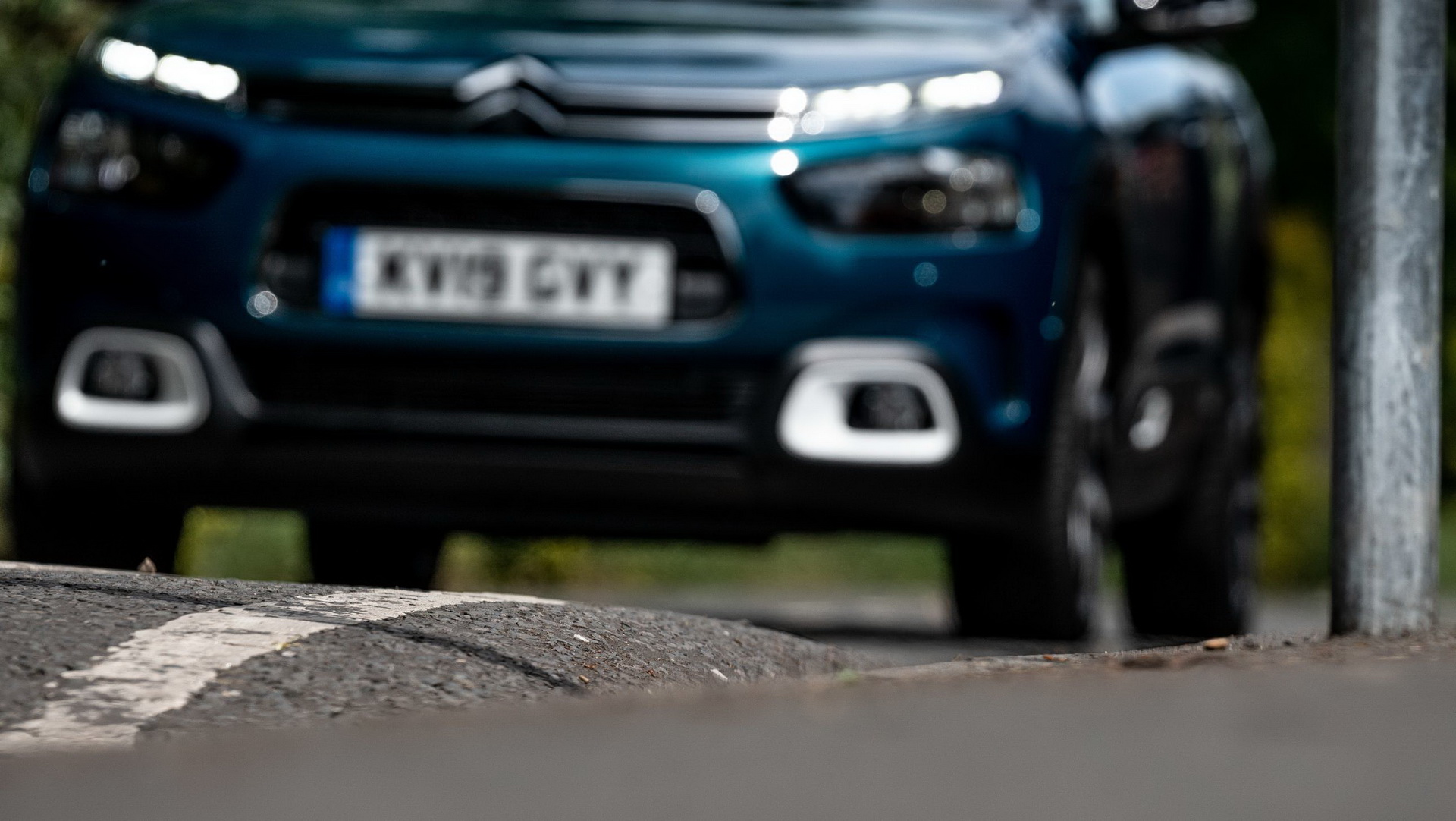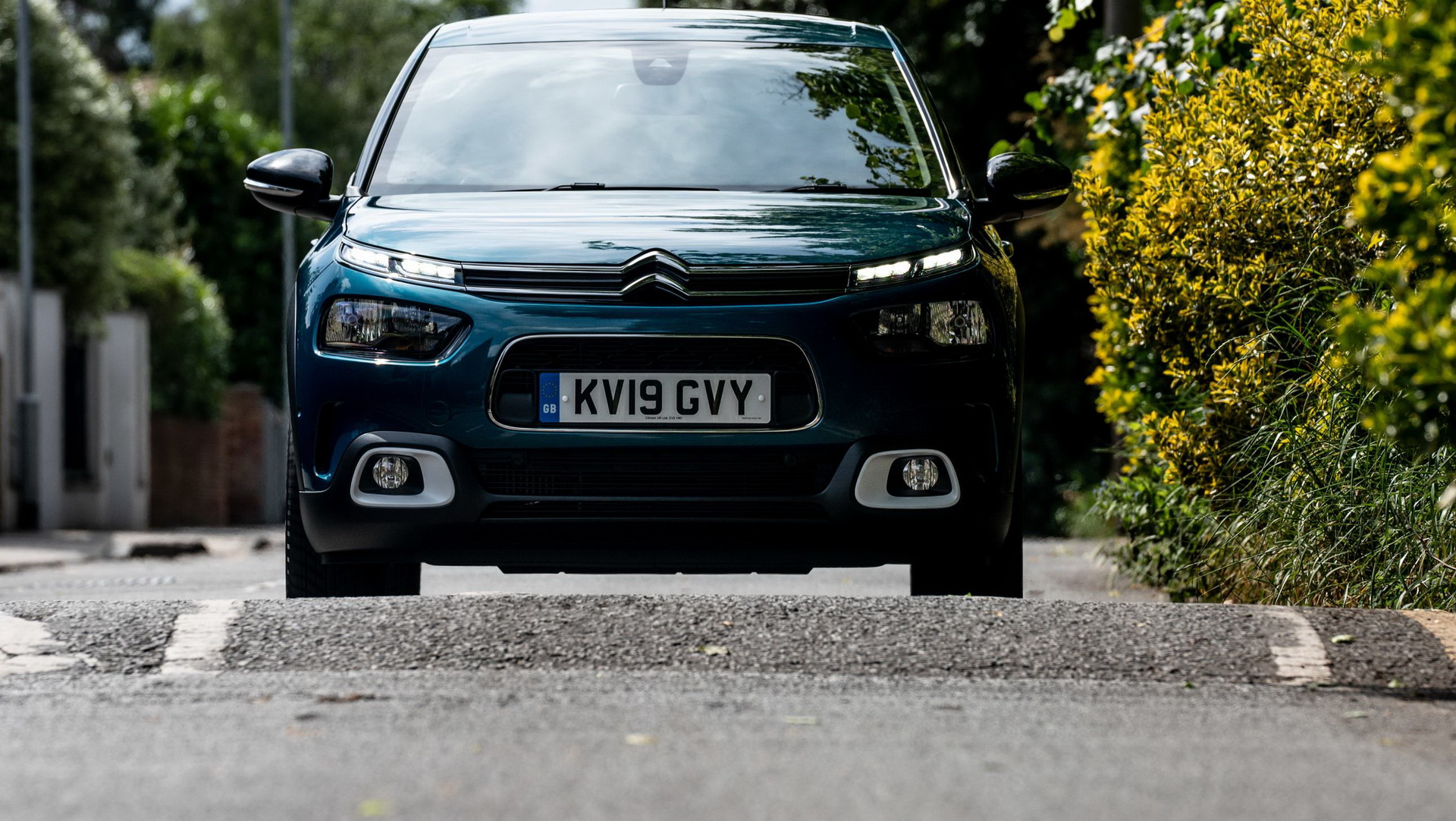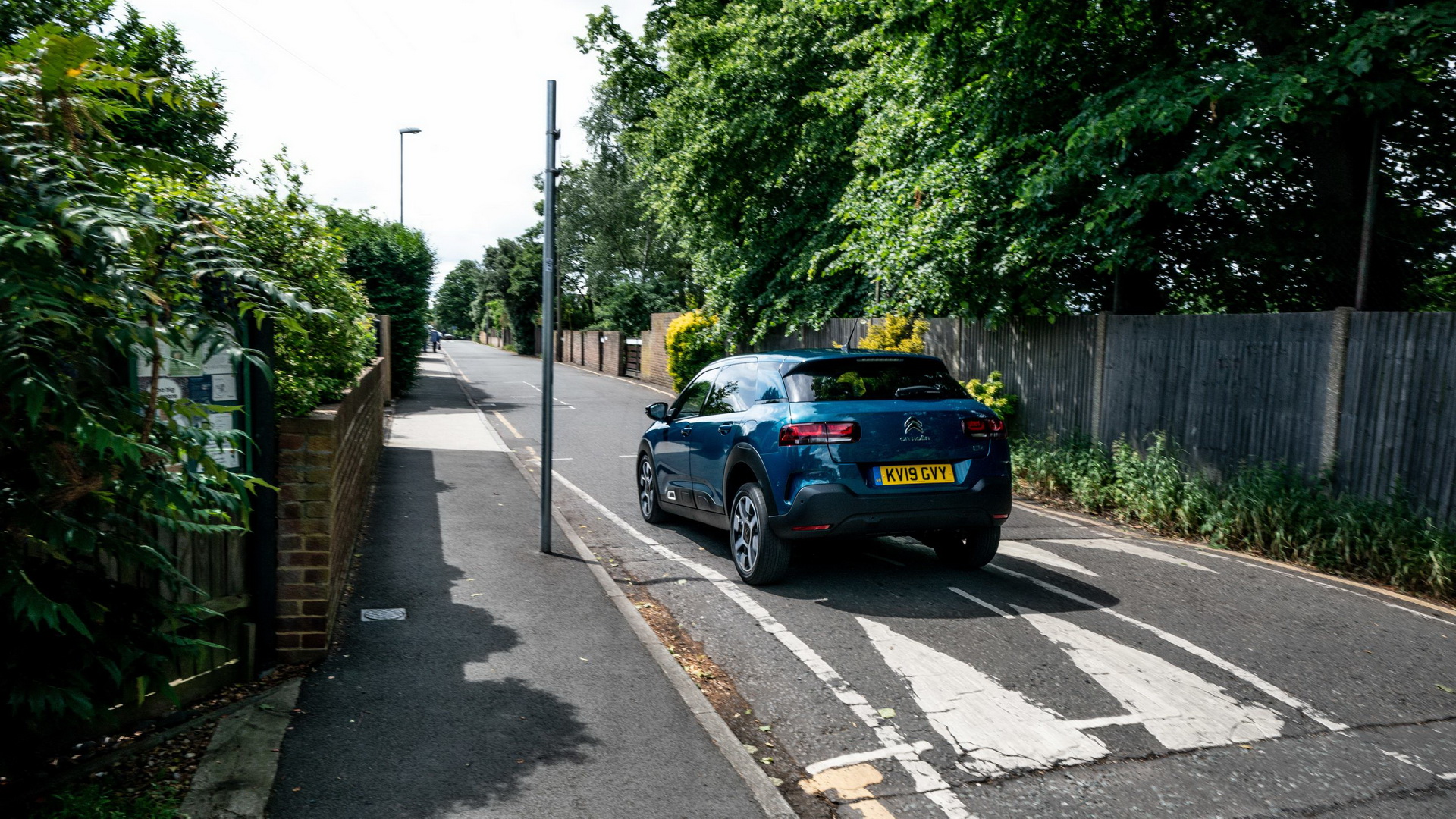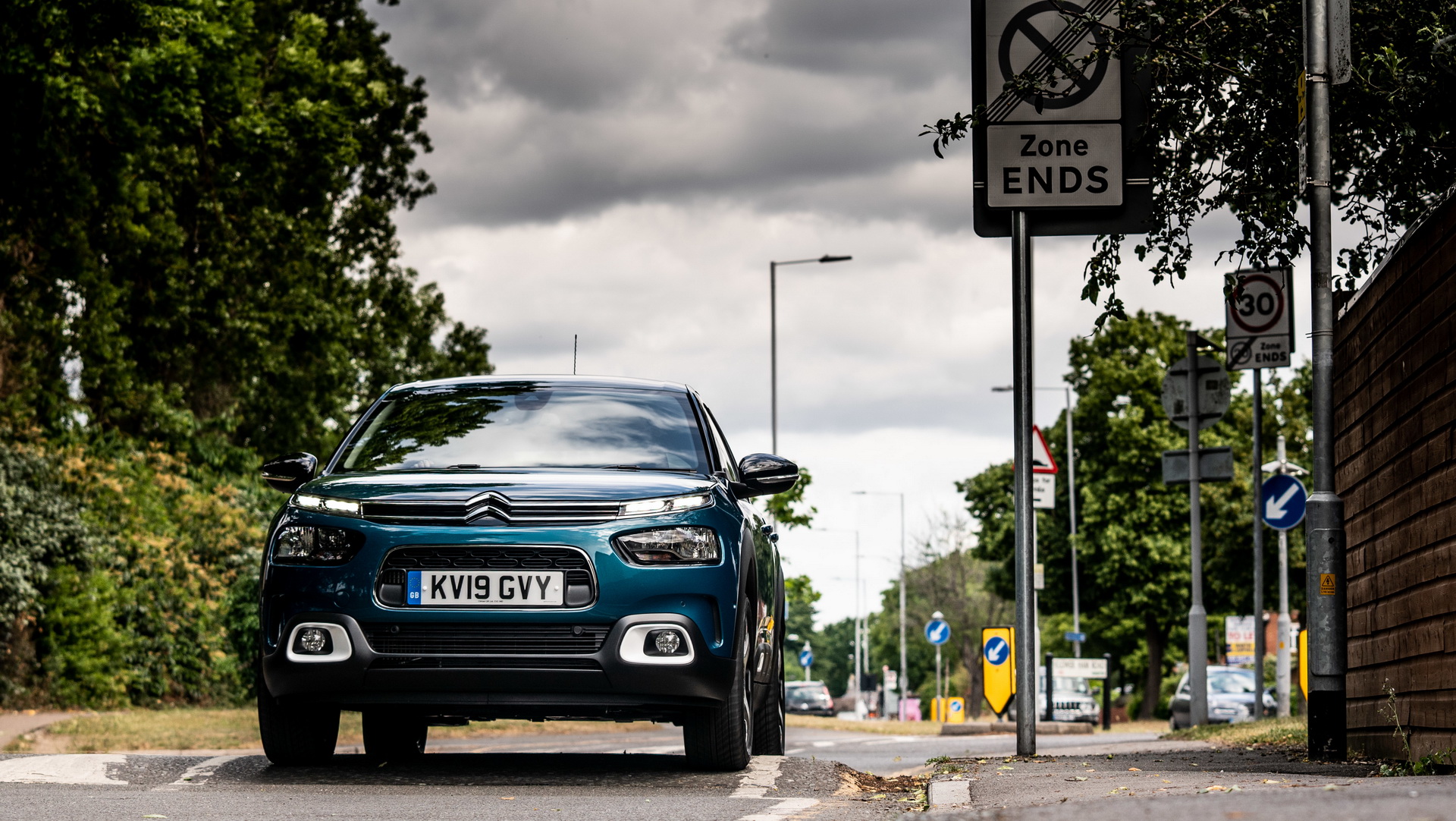According to research conducted by Citroen themselves, the UK is home to no fewer than 42,000 individual speed bumps, a number that’s increased by 5% in the last three years alone.
Yet, the French carmaker says that its Progressive Hydraulic Cushion technology, coupled with the Advanced Comfort front seats, can reduce the “jolting” often experienced by drivers going over speed bumps – as long as you approach them with care, that is.
The research also shows that the UK employs a further 12,000 traffic “calming” measures such as speed tables, ramps and width restrictions.
“At Citroen, we are committed to providing our customers with the best journey experience possible no matter what the road surface. Speed bumps and other traffic calming measures have their place on UK roads helping to improve road safety and reduce fatalities. So, when approached at the correct speed and with care, our Citroën Advanced Comfort program will ensure that humps and speed tables can be navigated more comfortably, avoiding the sharp jolts often experienced by road users,” said the brand’s UK marketing director, Souad Wrixen.
Also read: Citroen C5 Aircross Is Betting On Comfort And Design To Attract Buyers
This so-called Advanced Comfort program relies on the Progressive Hydraulic Cushion suspension (standard on C5 Aircross and C4 Cactus), which is able to filter out bumps and dips in the road and provide occupants with a more supple ride – even on some of Britain’s worst afflicted roads.
While speed bumps were only introduced in the UK in 1983 under the Highways (Road Humps) Regulations, their origins actually date back to the early 1900s in New Jersey, USA. Now, industry experts claim that various traffic calming measures (speed bumps included) are one of the key reasons why deaths on UK roads have dropped by 80% since 1941.
Fast forward to 2019 and UK buyers can purchase a speed bump-conquering Citroen C4 Cactus from £19,070 ($23,816), or the new C5 Aircross from £23,830 ($29,761).







